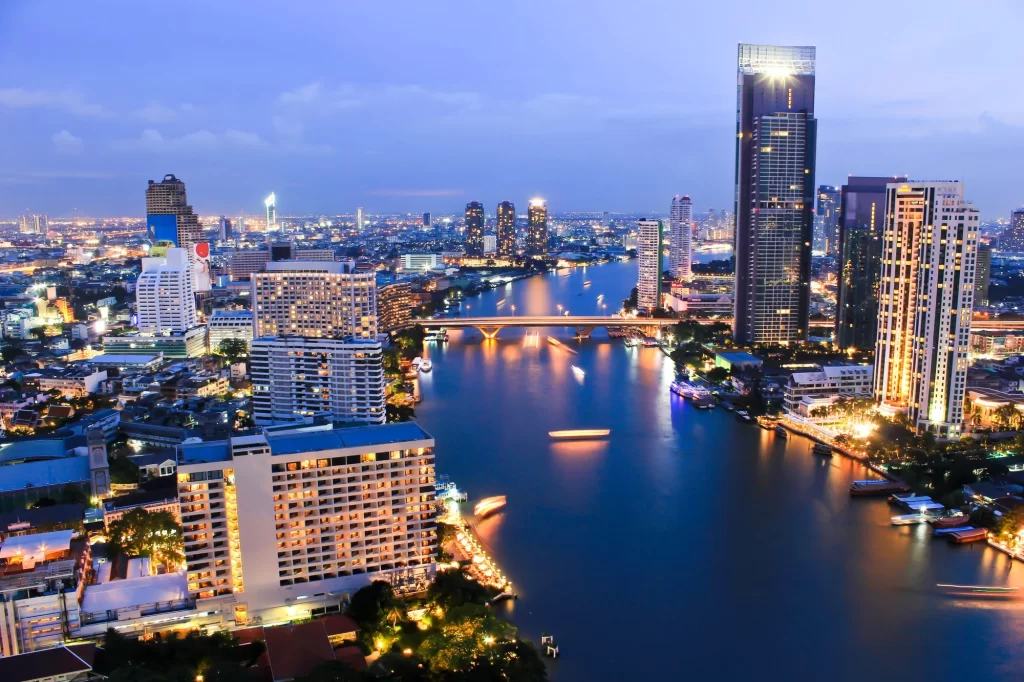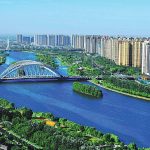Bangkok has become a leading business city in Asia for a number of reasons.
- Strategic location: Bangkok is located in the heart of Southeast Asia, making it a convenient hub for businesses that want to operate in the region. It is also well-connected to other major cities in Asia, making it easy to do business with companies in other countries.
- Large and growing economy: Thailand has a large and growing economy, which provides a strong foundation for businesses in Bangkok. The economy is expected to grow by 3.5% in 2023, and it is forecast to reach $1.7 trillion by 2025.
- Abundant skilled labor: Bangkok has a large pool of skilled labor, which is essential for businesses that want to operate in the city. The city is home to a number of universities and colleges, which produce graduates with the skills that businesses need.
- Favorable business environment: Bangkok has a favorable business environment, which makes it easy for businesses to start and operate in the city. The government has implemented a number of policies to attract businesses to Bangkok, including tax breaks and investment incentives.
- Infrastructural development: Bangkok has invested heavily in infrastructure in recent years, which has made it a more attractive place to do business. The city has a modern transportation system, including a metro system, a bus system, and a railway system. It also has a well-developed telecommunications system, which is essential for businesses that want to operate in the digital age.

As a result of these factors, Bangkok has become a leading business city in Asia. It is home to a number of multinational corporations, including Toyota, Honda, and Nestle. It is also a major financial center, and it is home to the Stock Exchange of Thailand.
Bangkok is expected to continue to grow as a business city in the years to come. The city has a number of advantages that will make it attractive to businesses, including its strategic location, its large and growing economy, its abundant skilled labor, its favorable business environment, and its infrastructural development.
Shayne Heffernan









